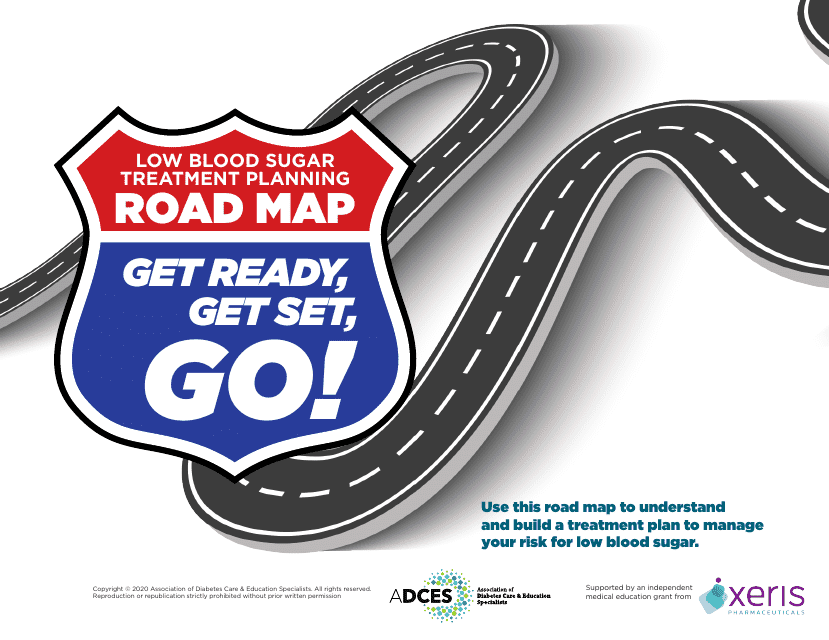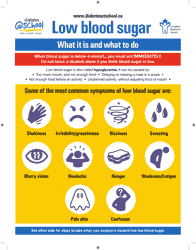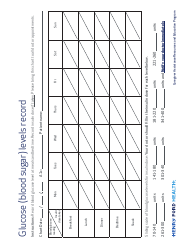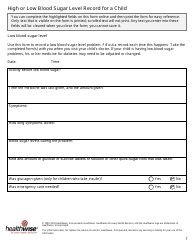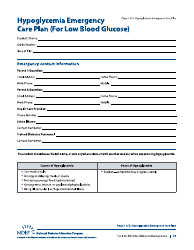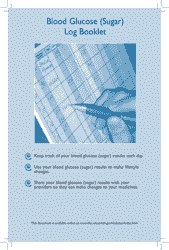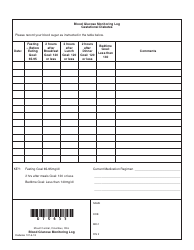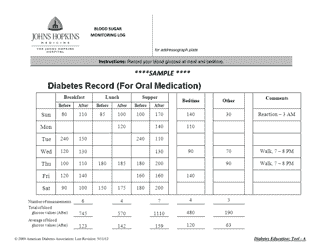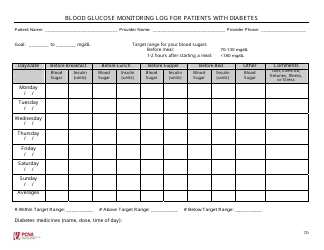Low Blood Sugar Treatment Planning Road Map
A Low Blood Sugar Treatment Planning Road Map is a document or guide created to help individuals manage and treat episodes of low blood sugar, also known as hypoglycemia. This kind of document is important, particularly for people diagnosed with diabetes. The road map typically contains plans on how to prevent, identify, and treat hypoglycemia. It often includes information on the appropriate diet, medication, physical activities, and lifestyle habits, along with steps to take when one's blood sugar levels drop dangerously low. The ultimate goal of this document is to ensure that people with a propensity for low blood sugar can handle episodes effectively and independently, subsequently improving their overall quality of life. It is, however, crucial to consult with healthcare professionals while creating or following such a plan to ensure it's suitable for the individual's specific needs.
The "Low Blood Sugar Treatment Planning Road Map" is typically filed by healthcare professionals, endocrinologists, or diabetes educators. They develop this plan in collaboration with the patient who has diabetes, to ensure they understand the steps to prevent and manage hypoglycemia (low blood sugar) episodes. For children with diabetes, parents or caregivers may also be responsible for maintaining and filing this plan. In certain settings, a school nurse may also keep a copy of this plan. If the patient is covered under specific healthcare policies, a copy might be sent to the insurance provider as well. Please note that the specific document naming might vary depending on the country and health institution.
FAQ
Q: What is low blood sugar?
A: Low blood sugar, also known as hypoglycemia, is a condition that occurs when the level of glucose in your blood drops below normal. It's most commonly associated with diabetes, but it can affect anyone. Symptoms include feeling shaky, lightheaded, and fatigued.
Q: What causes low blood sugar?
A: Low blood sugar can occur in people with diabetes if they take too much insulin, do not eat enough throughout the day, or exercise strenuously without eating enough to support the activity. It can also be caused by certain medications, illnesses, hormone deficiencies, or excessive alcohol intake.
Q: How is low blood sugar diagnosed?
A: Low blood sugar is typically diagnosed through a blood test. If your blood sugar levels drop below 70 mg/dL more than once or you have a drastic drop in blood sugar levels without warning, your doctor may diagnose you with hypoglycemia.
Q: What is the treatment for low blood sugar?
A: The immediate treatment for low blood sugar is to intake 15-20 grams of glucose or simple carbohydrates. This can be found in hard candies, fruit juice, or honey. If hypoglycemia is chronic, then it might involve changes in your diet or medication regimen. It's necessary to consult with a healthcare professional in such cases.
Q: How to prevent low blood sugar?
A: Preventing low blood sugar typically involves eating regular meals and snacks throughout the day, monitoring blood sugar levels, and managing medication intake. One should also avoid excessive alcohol consumption.
Q: What are the complications of untreated low blood sugar?
A: If left untreated, low blood sugar can lead to loss of consciousness, seizures, and in severe cases, it can be life-threatening. Over time, repeated episodes of low blood sugar can cause cognitive damage and impact brain function.
